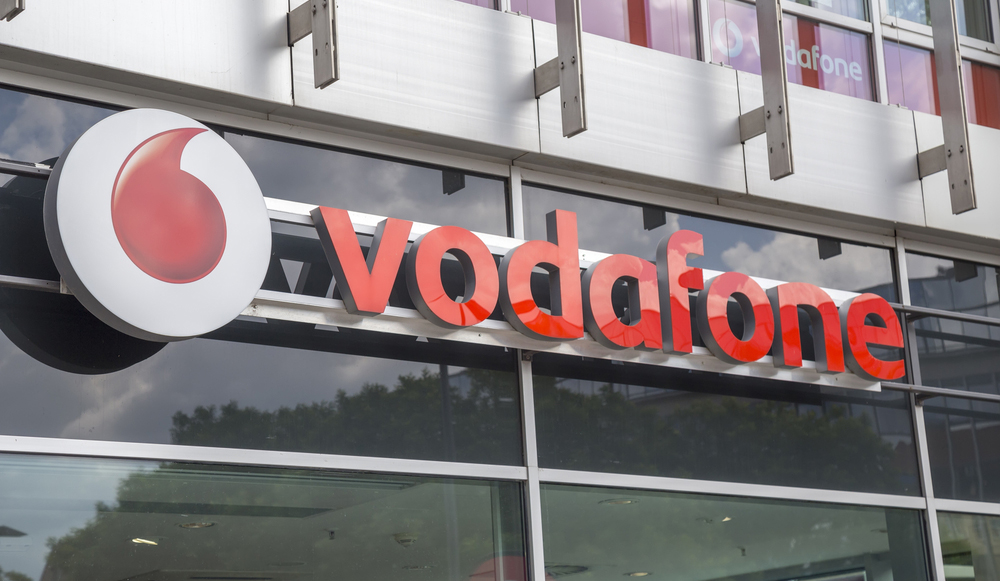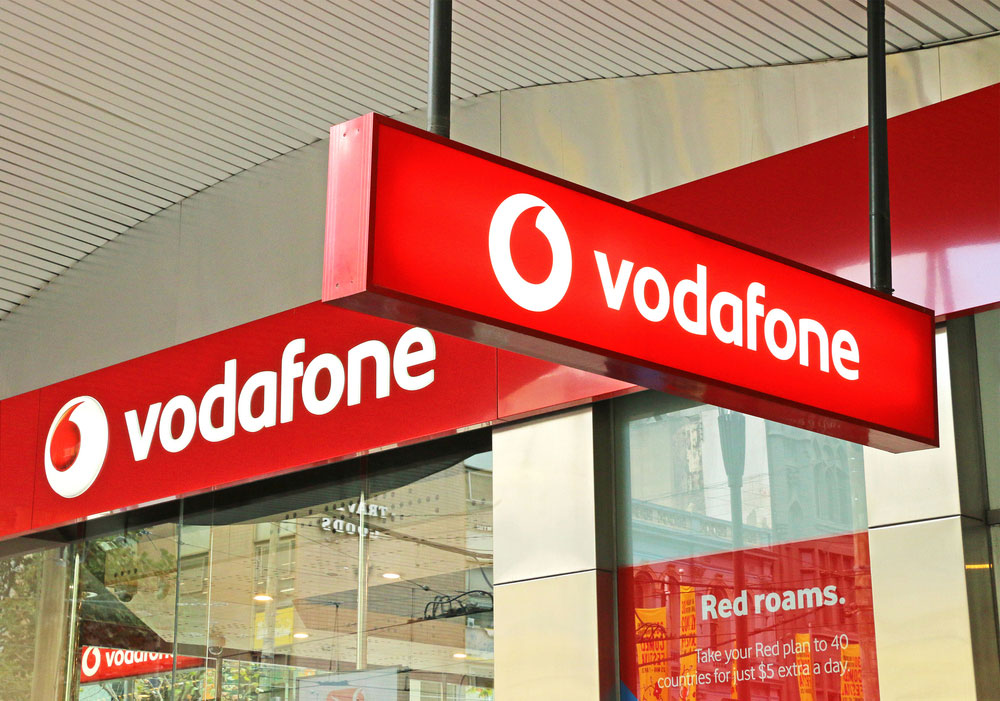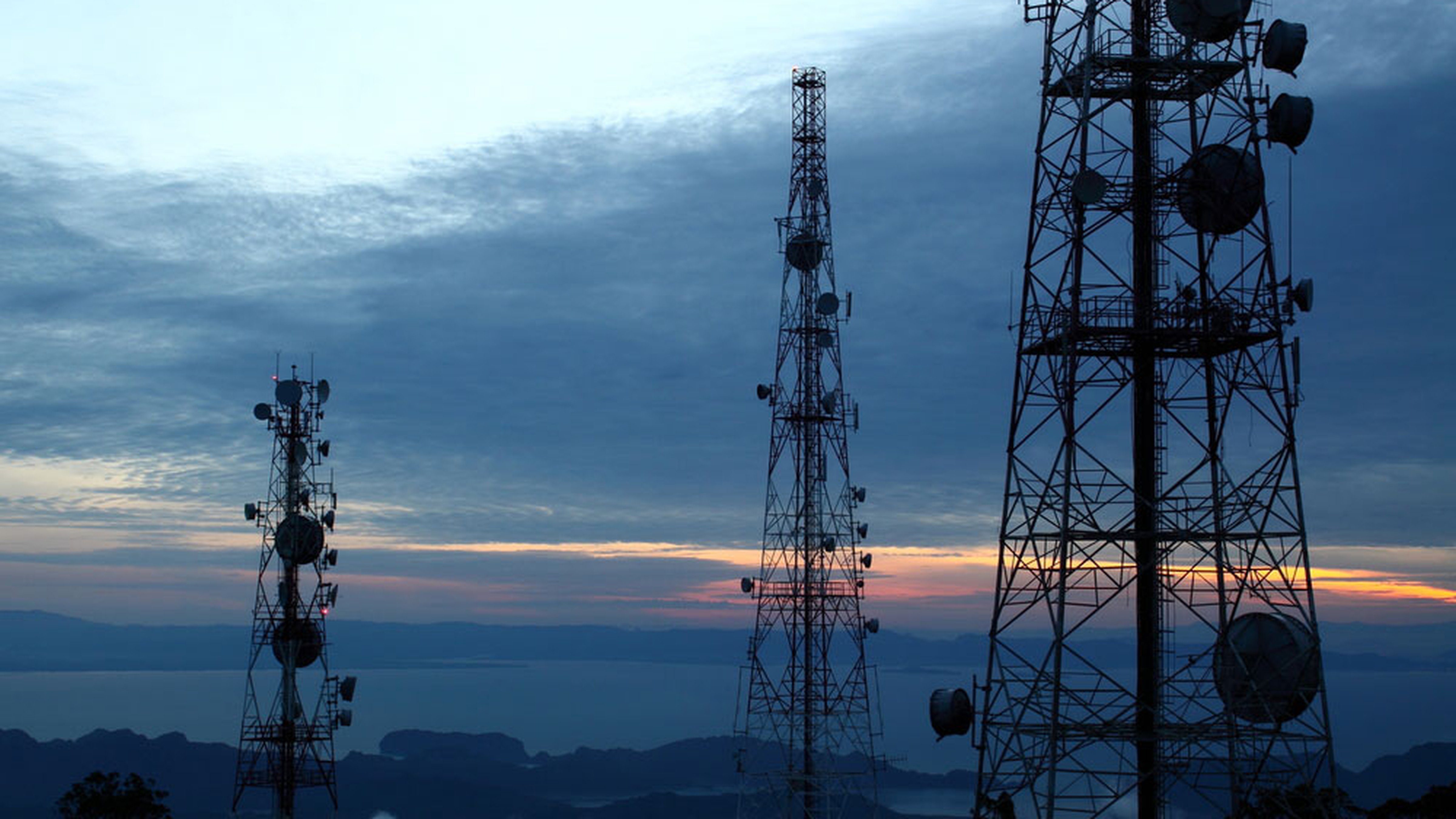The 304 million subscribers of Vodafone Idea are watching a horror show unfold before their eyes. The dressing down that the Supreme Court gave the legacy telecom players for trying to wriggle out of an obligation to pay Rs 1.47 trillion worth of dues relating to licence fee and spectrum usage charge that date back almost 16 years has raised serious questions about the future of Vodafone Idea. The department of telecom was also slammed for giving cash-strapped telecom entities some leeway by declining to take ‘coercive action’ in order to force the companies to meet the court-mandated payment deadline of January 23. A fresh deadline has been set for March 17 — the day that the Supreme Court will hold its next hearing in the case.
The apex court’s latest admonition has left very little wiggle room for the Narendra Modi government which is still trying to find ways to work out some arrangement that would give the telecom companies some time to pay up without inviting the court’s wrath. Vodafone Idea, which has to pay the largest tab at a little over Rs 530 billion, has already indicated that it may not be able to continue operations if it is asked to pay the entire sum at one go. The company has only Rs 125.3 billion worth of cash on its books and its promoters — the Vodafone Group and the Aditya Birla Group — have refused to pump more money into a loss-making business. Moreover, Vodafone Idea has a gross debt of Rs 1.2 trillion; of this, Rs 900 billion is on account of the deferred debt on the expensive radio waves it acquired over the years. If no solution is found to this crisis, the banks that lent money to Vodafone Idea will have no option but to haul the telecom entity to the bankruptcy court as they did in the case of Reliance Communications.
The closure of Vodafone Idea — a spooky prospect for now — will create a duopoly in the telecom industry, killing competition and customer choice. The problem in the telecom industry, arising from the definition of adjusted gross revenues which forms the basis for the calculation of the government’s earnings in the revenue-sharing regime, erupted in 2003 when some telecom companies challenged some of the components of AGR. It is tragic that this legal battle played out for 16 years till the Supreme Court’s ruling last October. The truth is that everyone must share the blame for the crisis: the legal system that threw up conflicting rulings and allowed the issue to fester for so long; the companies that did not make adequate provisions in their books to make the payment if they lost the verdict; and the government and its agencies for killing the golden goose with its unprincipled regulations that destroyed a level playing field. Time is running out for the telecom sector; if it bleeds, the ripples will be felt throughout a very shaky Indian economy.



